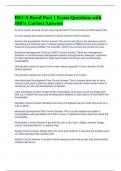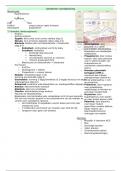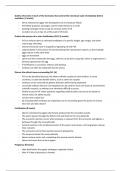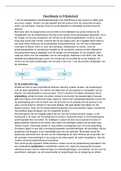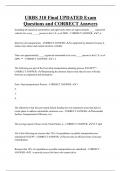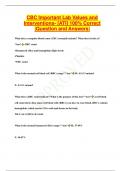Exam (elaborations)
RECA Rural Part 1 Exam Questions with 100% Correct Answers
- Course
- Institution
An Acre covers an area of how many square feet? Correct Answer 43,560 square feet An Acre equals how many hectares? Correct Answer 0.4047 hectares Animal Unit Equivalents Correct Answer The animal unit (AU) is the standard used in calculating the stocking rate or relative grazing impact of di...
[Show more]
